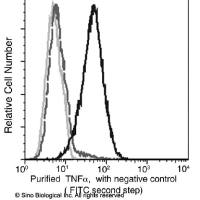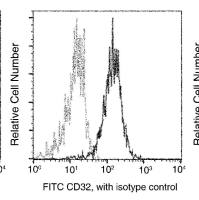Positional-Candidate Cloning of Genes from Mouse Mutants
互联网
601
The overall goal in human genetic disease is to understand the biological function of normal genes, and how, once perterbed, they lead to a diseased state. The limitations of using human material for experiments, the ease with which one can work with mice, and the similarities between the two organisms has led to a vast area of research using mouse models to study human disease [reviewed in (1 )]. Furthermore, genes and linkage organization are well conserved between human and mouse, as demonstrated by comparative genome mapping (2 ). Over 1000 mouse mutations, created by serendipity and genetics, have been maintained over the years, most of whose genes have yet to be cloned. Phenotypes range from autoimmune and neurological disorders to skeletal, hearing, and visual defects. Technological advances in positional and/or the candidate gene approach to cloning enable the genes encoded by the mutant loci to be identified.









